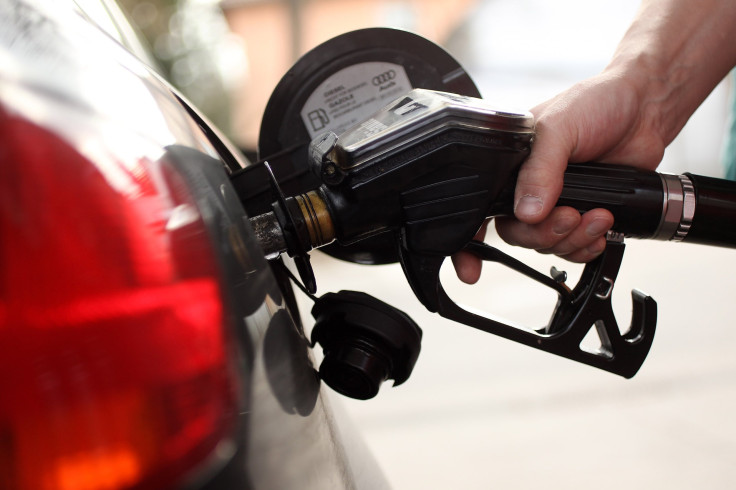Gas Price Average In US Decreases 2 Cents Per Gallon Over Two-Week Span

Drivers across the U.S. have received some mild relief to their pocketbook as the average price of gas has decreased by two cents a gallon to $2.84 within two weeks. According to a weekly survey released Monday by the AAA Northeast, that number is 2 cents cheaper than a month ago, but 48 cents more than this time last year.
The lowest average is $2.51 in Jackson, Mississippi, whereas the highest is in Hawaii at $3.76.
Industry analyst Trilby Lundberg of the Lundberg Survey attributes the drop to refiners having an increased capacity of gas and a decrease in the demand for fuel. Prices in the Southeast region are on the decline because of those reasons, the AAA reports.
"Gas prices nationally saw little change in the last week as oil prices saw a mini-resurgence back to $69 per barrel, stifling the broad relief we saw at pumps the week prior," said Patrick DeHaan, head of petroleum analysis for GasBuddy.
The drop in prices, however, is a turnaround from last year’s price hike during Hurricane Harvey. The storm ravished much of the Southeast causing many oil refineries to shut down, thus bumping up gas prices as high as $2.67 per gallon in August 2017.
Still, experts warn prices could once again increase as Labor Day approaches and hurricane season starts, though any increase would probably not surpass the holiday weekend.
"With Labor Day dead ahead, we may see a small rise in the national average this week, depending on oil’s move, but largely, this seems like the last week we’ll see elevated prices as demand is set to drop with the conclusion of Labor Day weekend," DeHaan said.
"The Atlantic remains quiet, so there’s little chance of a major disruption for the time being, with the overall consensus that we’ll soon see prices falling once again across most of the country."
© Copyright IBTimes 2024. All rights reserved.











